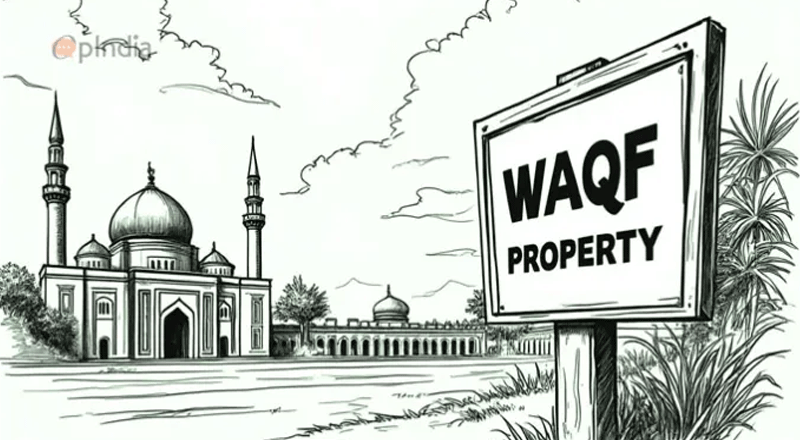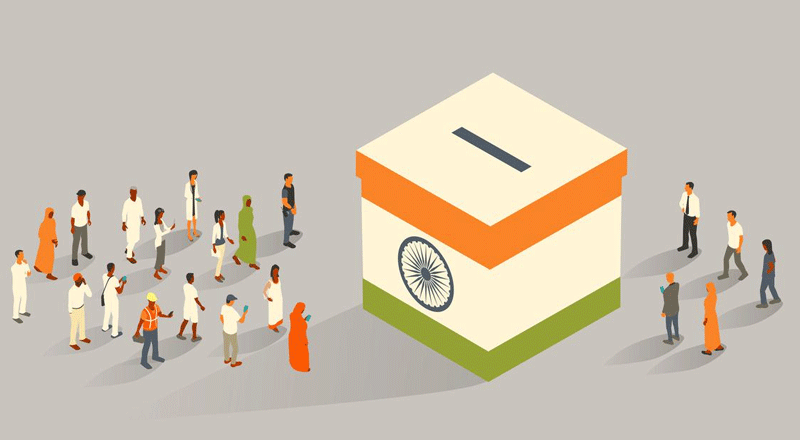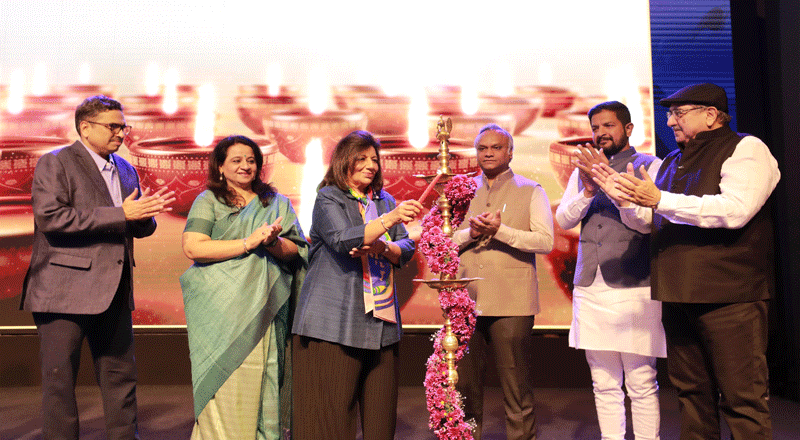The Waqf (Amendment) Bill, 2024, aimed at reforming the regulation and management of waqf properties, has triggered intense debates in Parliament. The Joint Parliamentary Committee (JPC), led by BJP MP Jagdambika Pal, has been examining the bill amid strong opposition from non-NDA parties. A staggering 572 amendments were proposed by panel members, highlighting deep divisions on the issue. Recently, the committee approved 12 amendments put forth by the ruling NDA while rejecting 44 amendments proposed by the Opposition.
Understanding the Waqf (Amendment) Bill, 2024
Originally tabled in the Lok Sabha on August 8, 2024, by Union Minority Affairs Minister Kiren Rijiju, the Waqf (Amendment) Bill, 2024 seeks to revise the Waqf Act, 1995. The proposed changes include greater government oversight over waqf properties, alterations in the composition of state Waqf Boards, and an expansion of authority in dispute resolution over government-claimed waqf lands. One of the most controversial clauses, Section 3C(2), grants the Collector the power to determine if a property designated as waqf is, in fact, government land—a role traditionally held by the Waqf Tribunal.
The Joint Panel’s Contentious Deliberations
On Sunday, as the JPC’s deliberations neared completion, the committee circulated a comprehensive list of amendments. Following a heated session on Monday, the panel approved 12 NDA-backed amendments while rejecting 44 Opposition-backed amendments.
Committee chairperson Jagdambika Pal defended the process, stating that every amendment was read aloud and voted upon democratically. “If 16 members vote against an amendment and only 10 support it, how can it be accepted? Whether in Parliament or the JPC, the majority prevails,” he said. The 31-member committee consists of 16 NDA members (including 12 from the BJP), 13 from the Opposition, one from the YSR Congress Party, and one nominated member.
Key Approved Amendments and Opposition Concerns
One of the significant amendments approved on Monday involves shifting the authority from the Collector to the state government, which can now appoint a commissioner or secretary for waqf-related decisions. Another change, supported by the government but opposed by the Opposition, proposes altering the composition of Waqf Boards, increasing government-appointed members from two to three, with the inclusion of an Islamic scholar. The Opposition also protested provisions allowing non-Muslim CEOs and at least two non-Muslim members on state Waqf Boards.
Additionally, there was debate on the timeline for registering waqf properties on official portals, with the government advocating for an extension beyond six months.
Opposition’s Uproar Against the JPC Process
Opposition leaders have raised serious concerns about the JPC’s handling of the bill, arguing that the rejection of their 44 proposed amendments reflects a partisan approach. Some members criticized the government’s push to centralize control over waqf properties, warning that it could dilute community representation and compromise the autonomy of Waqf Boards.
The most contentious point remains the transfer of decision-making power from the Waqf Tribunal to the Collector, which many Oppositions members fear could politicize property disputes. There is also skepticism about the government’s commitment to transparency and inclusivity in managing waqf assets.
The Waqf (Amendment) Bill, 2024, remains a deeply polarizing issue as it moves through the legislative process. While the NDA argues that the bill aims to streamline governance and prevent misuse of waqf assets, the Opposition warns of increased government control over religious properties. With Parliament set to debate the final version of the bill, the ongoing controversy underscores the broader tensions between policy reforms and religious autonomy in India. The fate of the amendments and the bill itself now rests on Parliament’s final vote, which could have significant implications for waqf governance nationwide.
(With inputs from agencies)





